The best sounds of the countryside, from the baa-ing and burbling to cuckoos and clip-clops
Be it bees buzzing around pollen, a breeze through a field of wheat or the barking of deer, there are certain sounds that will forever evoke our British countryside, wherever you might find yourself, says John Lewis-Stempel.

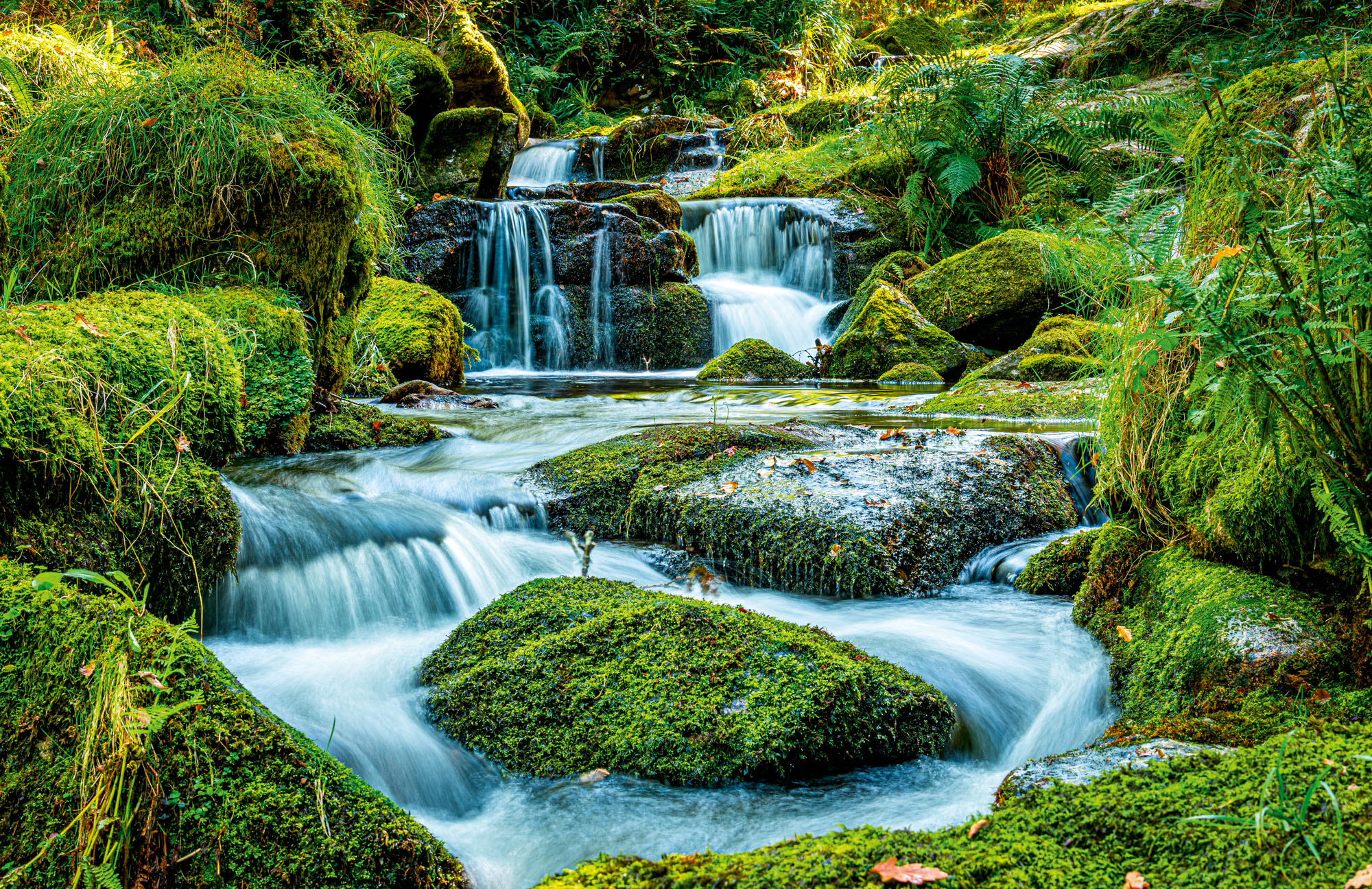
Exquisite houses, the beauty of Nature, and how to get the most from your life, straight to your inbox.
You are now subscribed
Your newsletter sign-up was successful
Close your eyes, lie back and think of Britain and its landscapes. On the screens of the eyelid come flashes of the grandeur of the Cairngorms, the misted and mysterious Fens, the sheep-nibbled Downs, the Thames meandering languidly and roses around the door of a Cotswold cottage. Then, you realise there is a missing ingredient. Sound. Every image inside the eyelid is improved by adding a soundtrack; the peeow of a buzzard, the rustling of the reeds, the plop of a water vole entering the water — because every British vista should simultaneously be a soundscape.
We are too casual about matters aural. Our Areas of Outstanding Natural Beauty are based on what is pleasing to the eye, rather than the ear. Everyone recognises a blot on the landscape, yet who complains about scratches on the soundscape? The sounds of the countryside need not even be natural — such as the wind in the primordial willows — to soothe sore ears; the percussion of a willow bat on a cricket ball and the ensuing polite ripple of applause from the crowd on the village green is acknowledged ear-balm.
Since Anglo-Saxon times, at least, ours has been an agricultural landscape. Manufactured, if you like, albeit delightfully so, with fields tied up with ribbons of hedges and Lakeland hills relieved of their trees to expose their bodily contours. When we cut down the wild wood, we give the trilling skylark, a bird of the open aspect, its advantage. The point, of course, is that the sound of our countryside is composed by human intervention, even if some of the ‘raw material’ is provided by Mother Nature. Birdsong, geology, the weather, the trees and the beasts are all necessary components in the polyphony that is British Nature.
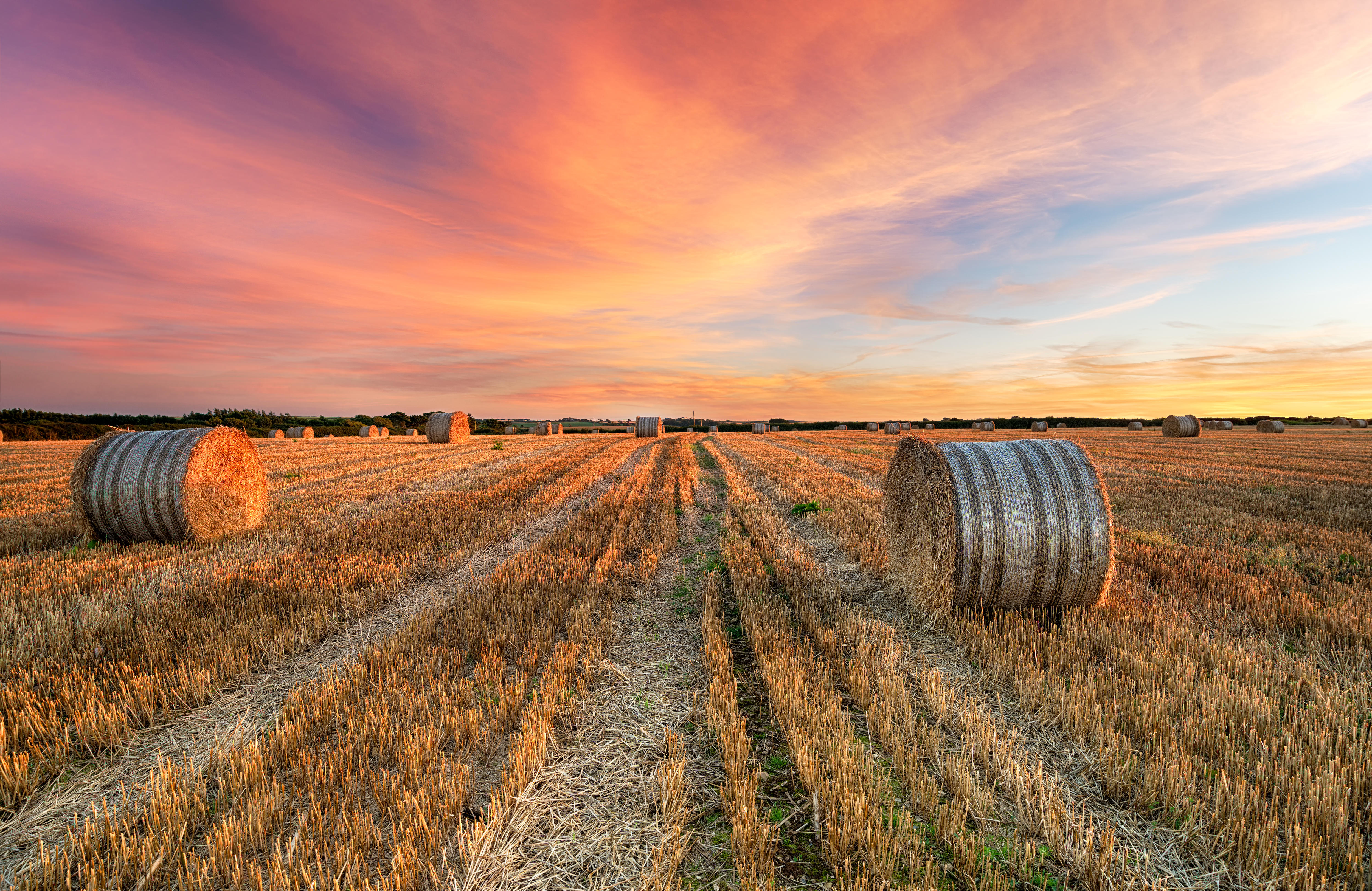
Our national soundscape, this intangible heritage, diminishes by the day. Already, there are lost sounds. The corncrake, with its comb-rasp that was the leitmotif of the hay meadow until Victorian times, is extinct in almost all the isl§es. The turr-turr of the turtle dove is the fading echo of more birdy times. Indeed, as we have ‘lost’ 50% of our farmland birds in the past 50 years, the avian soundtrack has been switched right down, almost off, in places. Where the countryside soundtrack does play, it is often overlaid by the hiss of traffic.
So, SOS: Save Our Sounds. And what a wealth of sound needs conservation. The iconic refrains of British Nature only begin with the birds’ dawn chorus in May, honey bees on pollen, the breeze in the wheat, the barking of the deer in dripping October woods. For your delectation — and debate — here are the Desert Island Discs of a country dweller, a top eight tracks to summon nostalgically the homeland should you ever become unfortunately stranded.
The calling of the cuckoo
The joyous double-bass cu-cu notes remind us that our calendar was once organised by birdsong; the cuckoo announced spring, the clacking of the fieldfares heralded winter. Wordsworth famously poetised the cuckoo ‘The blithe New-comer!’ in To the Cuckoo. Long before Will took up the quill, the old English round written in about 1226 exalted ‘Sumer is i-cumen in. Loudly sing, cuccu!’
Farm workers would have the day off when the first cuckoo sounded in the copse and retire there with a keg of beer to celebrate. In far-off days, the birds sang the seasons into being, the landscape into life and were clock as well as calendar. Up with the lark, to bed with the first kerwick of the tawny owl in the churchyard. We lived our lives by the singing of the birds.
Exquisite houses, the beauty of Nature, and how to get the most from your life, straight to your inbox.
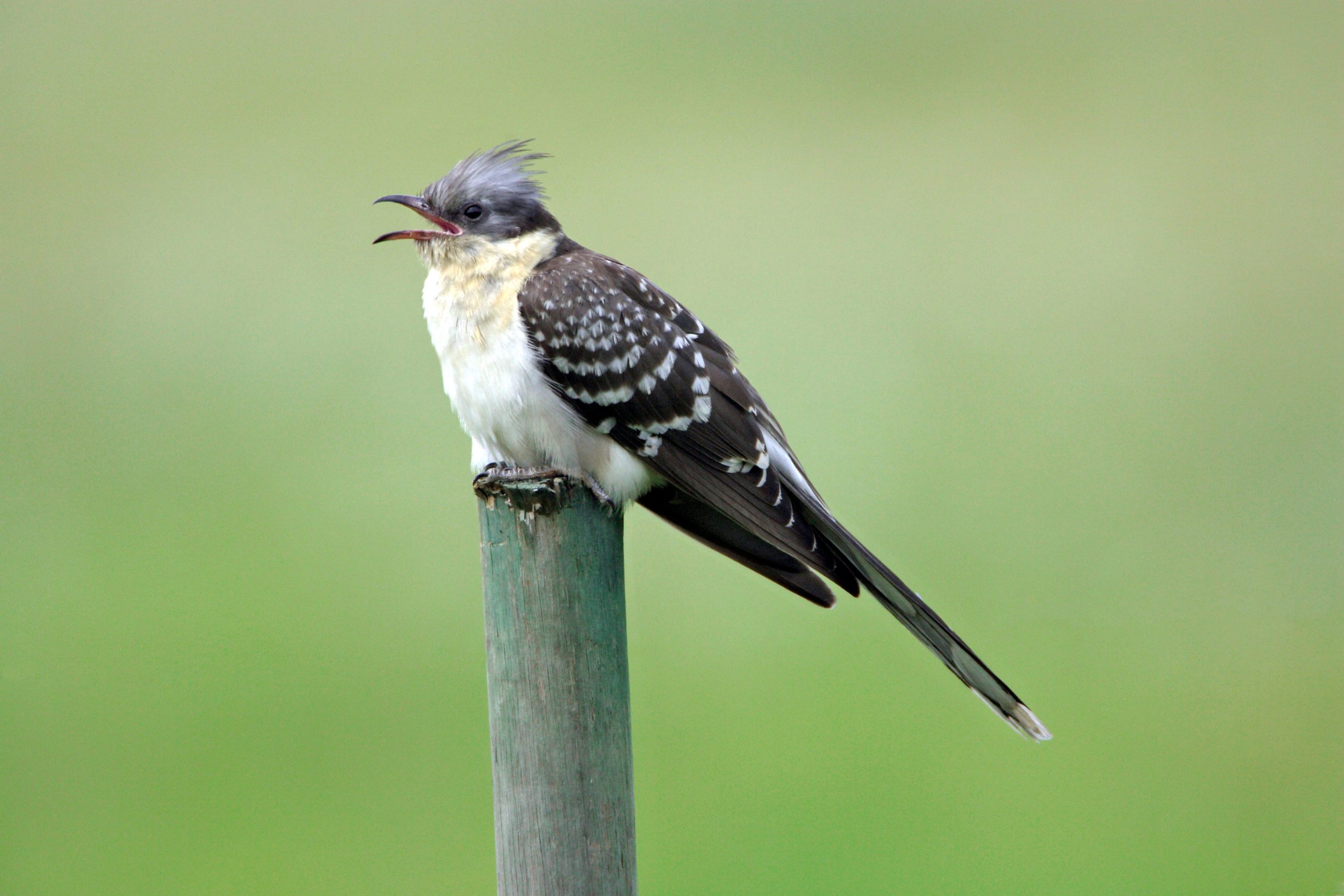
The clip-clop of horses on a lane on a wet autumn afternoon
The master wending homewards from having dined too well in Dorchester, the recruiting sergeant about his work, the class from riding school returning to the stable…
The cawing of rooks above December furrows
The harsh call of the rook over desolate earth is a penetration to the meaning of existence and only rivalled by the wailing of a vixen as snow falls in the winter wood. Essential pastoral sounds are not necessarily mellifluous, a rustic rhapsody. Think swifts screaming around the church tower.
Church bells on a lazy Sunday morning
Britain has some 6,000 churches with bells, their peeling a resonance of ancient rites, a free concert of campanology. The ding-dongs from the steeple, rolling through streets and over fields, transform the countryside into a land of hope and glory.
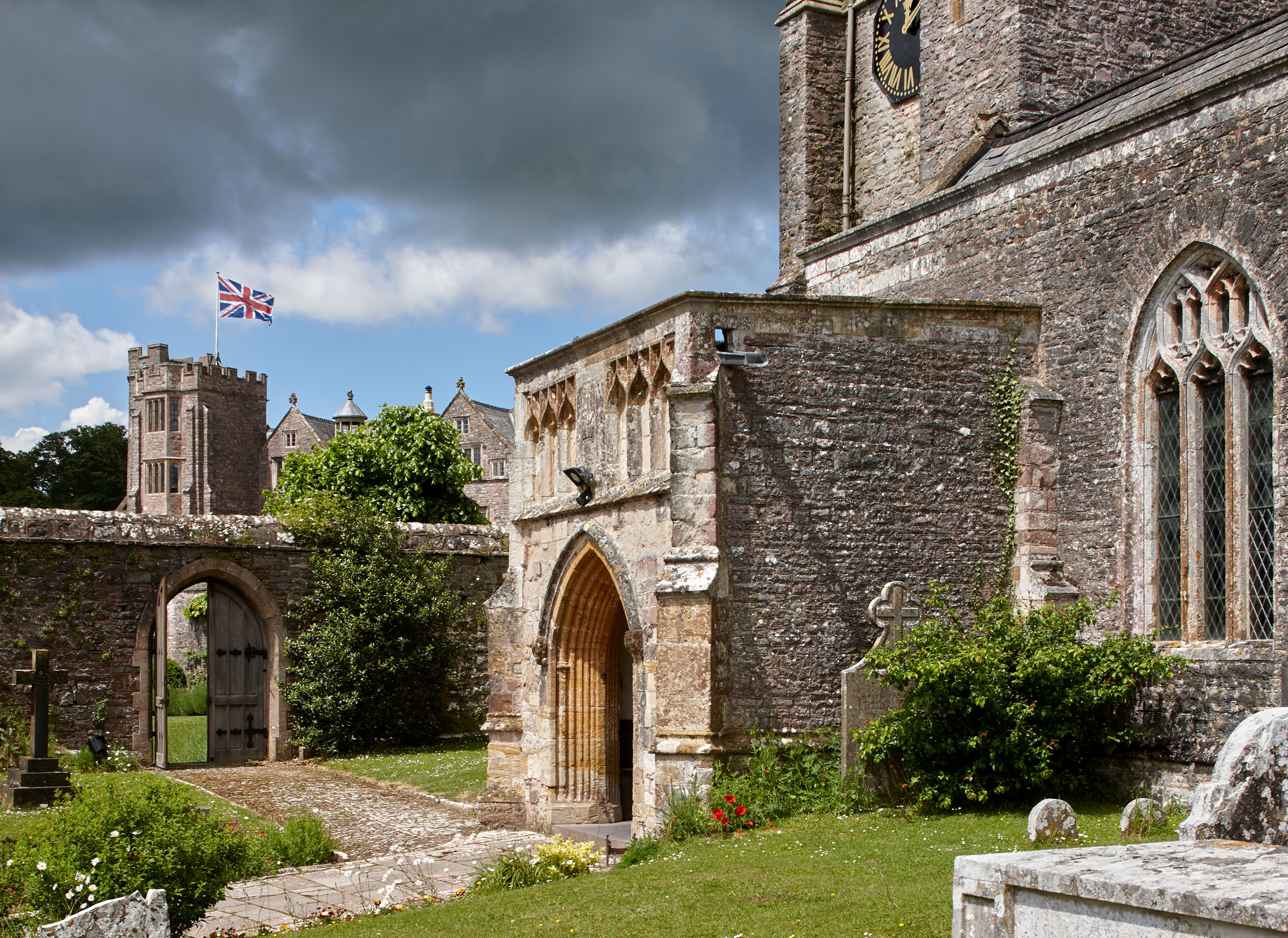
Alright by Supergrass
We once chanted around druid fires and, in Tudor times, sang Greensleeves when a-Maying with frilly bonnets and ankle bells. The countryside is its folk music. For some, Alright by Oxfordshire’s Brit Pop ensemble will always summon up lunch in the hayfield, with the ‘tranny’ turned up and the dial on Radio 1. No Young Farmers’ disco for the past 40 years has been complete without The Wurzels’s scrumpy-and-western The Combine Harvester blasting out of the marquee.
The baa-ing of sheep on the mountainside in March
The call and response of lamb to mother, in a chain reaction down the valley, makes for the soul music of the mountains and is the audible triumph of life over death in the bleak places.
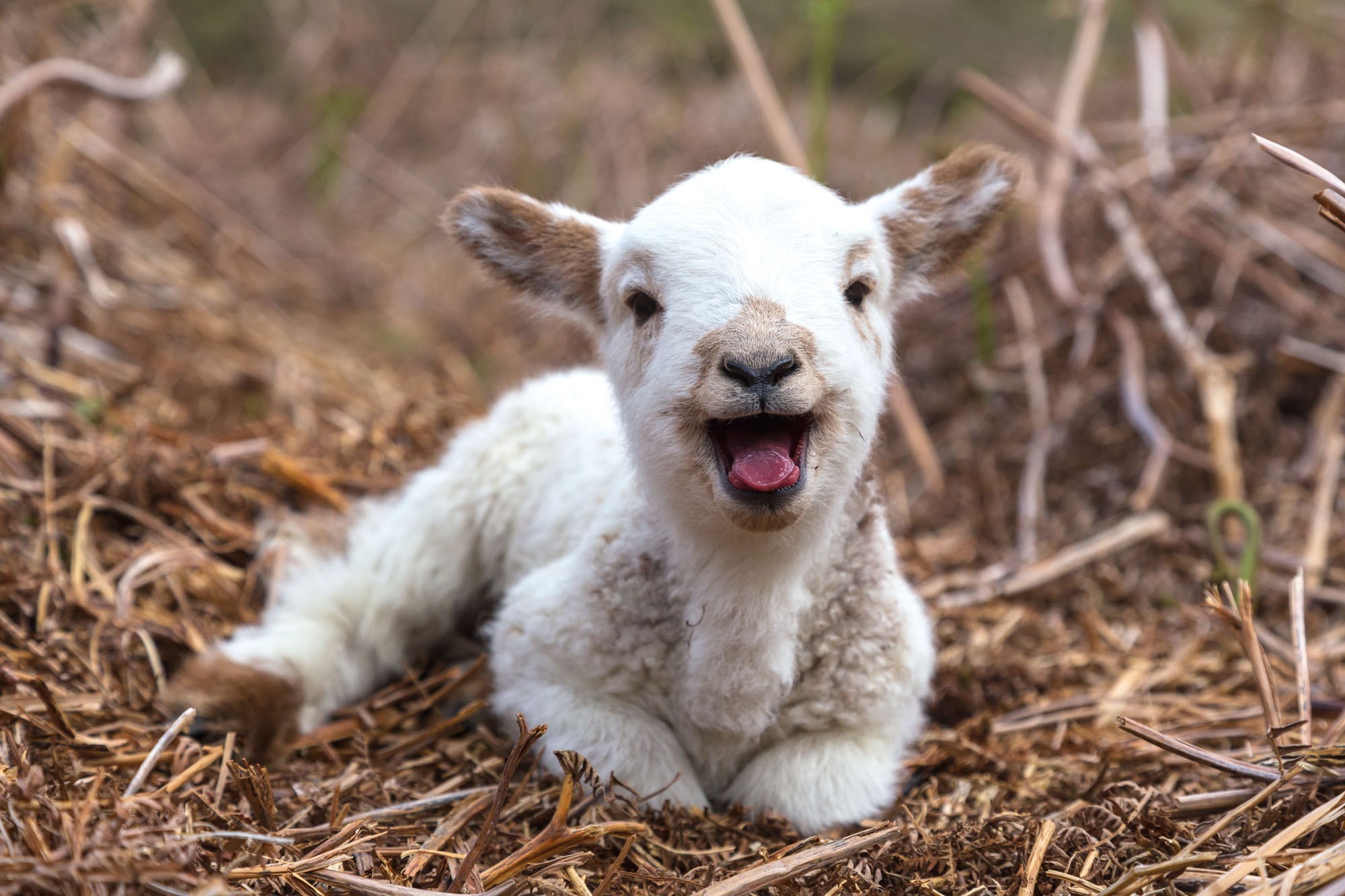
The crowing of the cockerel
Complained about by some, but for 3,000 years the agricultural alarm clock in these isles. Hear cockadoodledoo and you are immediately transported to an old-fashioned farmyard (itself tottering on the edge of extinction), with scratching hens, paddling ducks and a tethered cow waiting to be milked.
The song of the skylark
Barely bigger than a sparrow, the (male) skylark ascends to Heaven’s gate, singing continuously via circular breathing techniques. The notes descend, to tinkle silvery around the ears. Put into poetry by Shelley and into music for violin and orchestra by Ralph Vaughan Williams, the song of the lark is one of those natural sounds scientifically shown to lift the spirits. A natural, relaxing high.
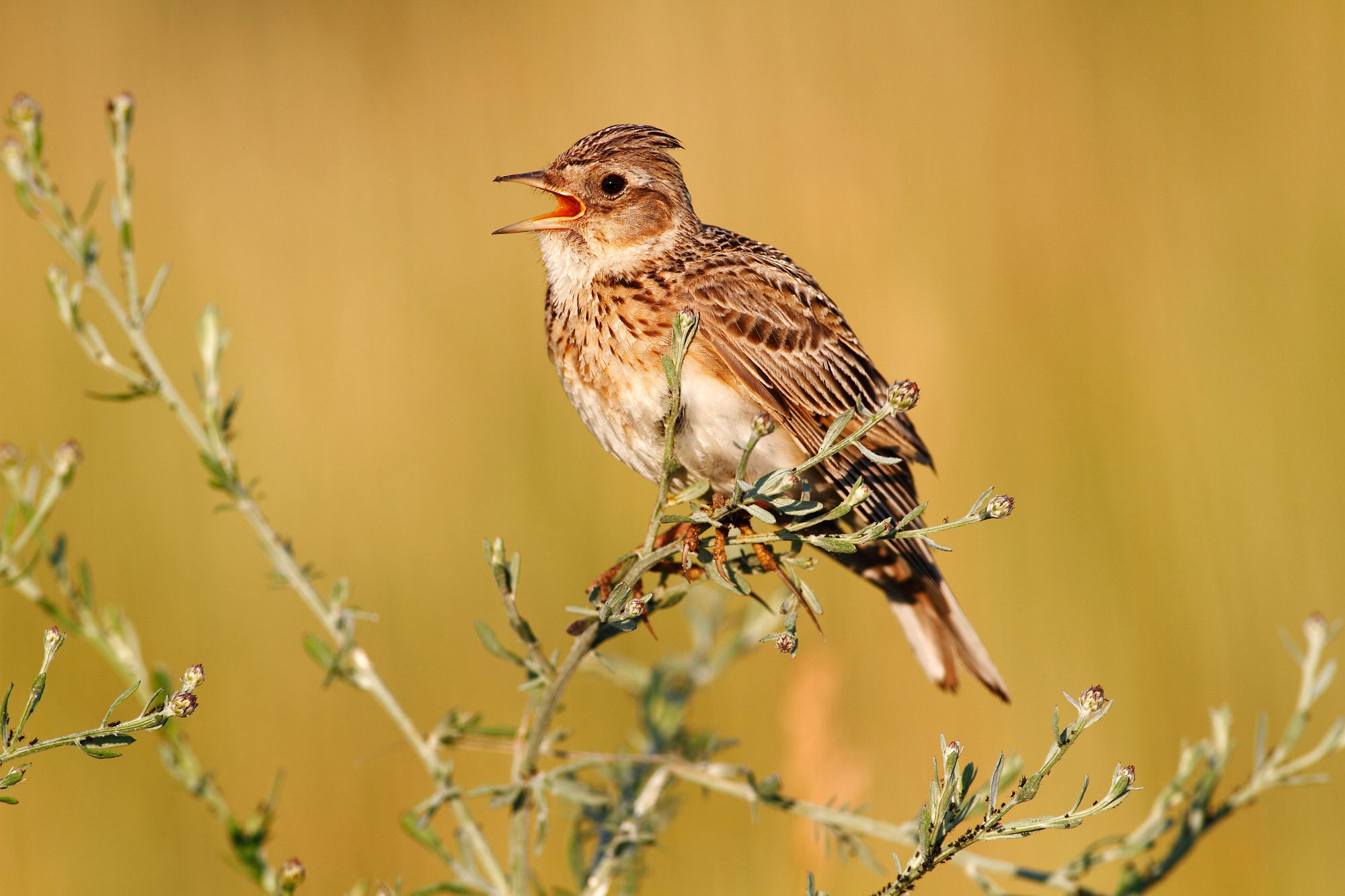
Bonus tracks
A cry from a curlew and the plash of a mountain stream.
‘The river’s always talking’: More nominations for the best sounds of the countryside
‘It’s got to be the arrival of the turtle dove — the sound of the summer. I partly grew up in Africa and the sound of the doves was part of our everyday immersion into that soundscape. Having these wonderful birds at Knepp with their turr-turr-turr-ing not only takes me back to those sounds and smells of Africa, but the thrill that it really might be the beginning of summer here in England’ Sir Charles Burrell, owner of Knepp Castle, West Sussex, and founder of the Knepp Wildland Project
‘Out fishing, I listen. The river’s always talking: from weir lip, rapids, glides. Most days, a single cry will lift the eye, to catch the kingfisher’s (below) blue hurtle. One Tamar morning, however, that sharp piping resounded at the surface: two otters, sisters, playing the water, singing themselves, stopping the heart’ Dr Mark Wormald, poet and author of The Catch: Fishing for Ted Hughes (Bloomsbury Circus)
‘I’d never seen a kingfisher until we moved to our home in the Norfolk countryside — and, now, whenever I hear its high whistling call from the murmuring brook that runs through our village, I associate the sound with the halcyon days of summer and the magical flash of those sapphire wings’ Justine Picardie, writer and former editor-in-chief of Harper’s Bazaar UK
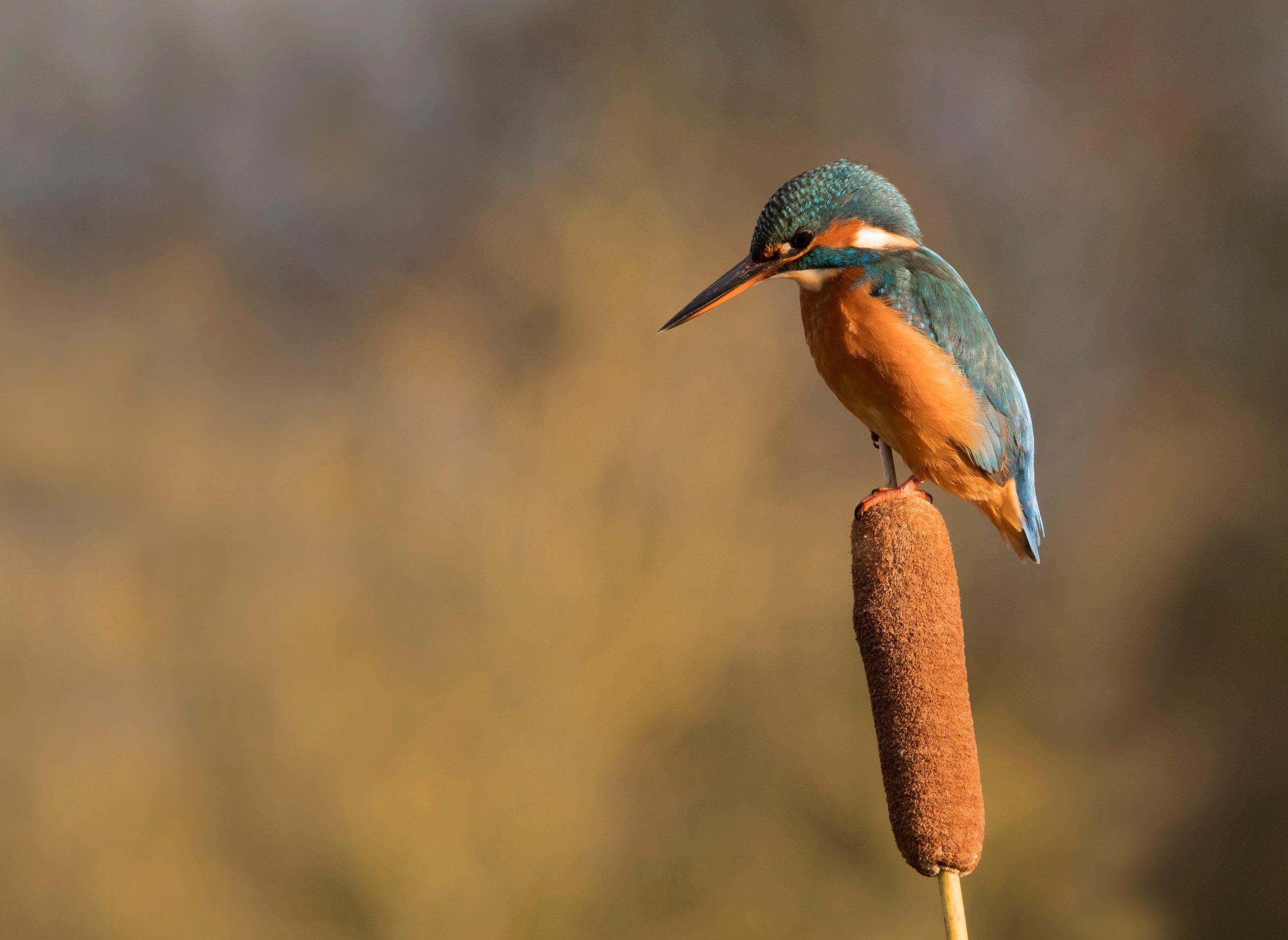
‘I chose the evening song of the blackbird on the chimney tops as one of my Desert Island Discs. I’ve even written a poem about him. That plaintive song at the end of the day always strikes me as a celebration of a life well lived and a hymn of thanks’ Alan Titchmarsh, gardener, writer and broadcaster
‘My favourite sound of the countryside has to be the song of the skylark. It represents all that is great about being outdoors with Nature: joy, freedom and escape. It’s a sound I’ve loved from childhood, when I’d hear it when roaming the fields near my home’ Hilary McGrady, director- general of the National Trust
Additional reporting: Katy Birchall
